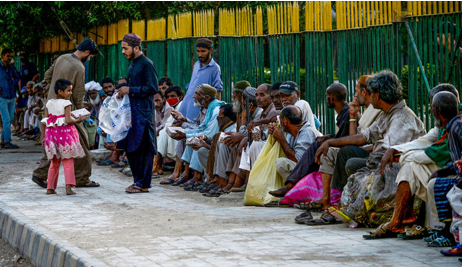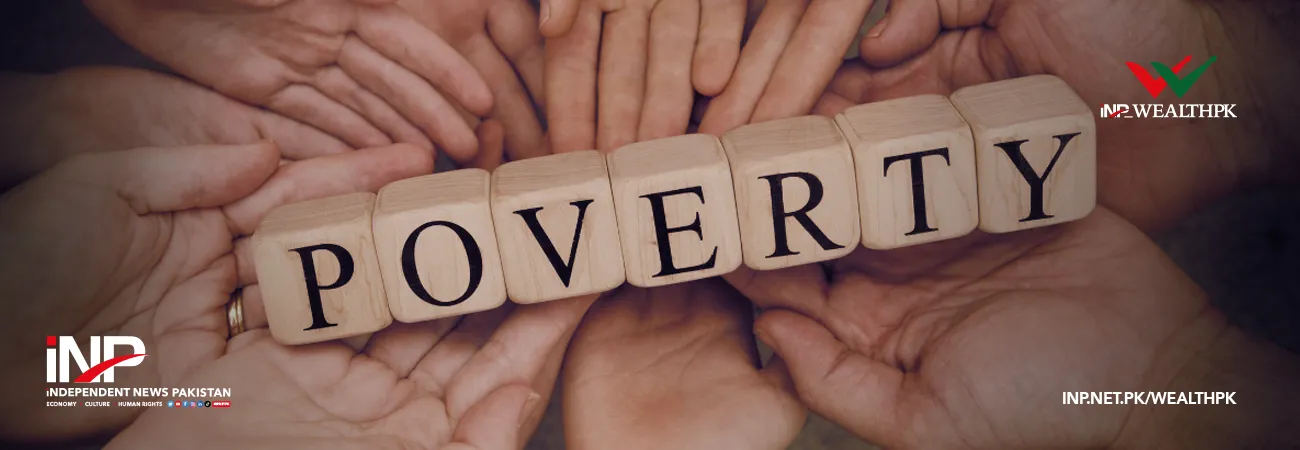INP-WealthPk
Ayesha Saba
While Pakistan’s economy shows signs of resilience in certain areas, the rising poverty levels paint a sobering picture. Without serious efforts to make growth inclusive and equitable, the country risks deepening the socio-economic divides.

Khaliq Ahmed, Chief Operating Officer (COO) of Pakistan Poverty Alleviation Fund (PPAF), said this in an exclusive chat with WealthPK. He said the government must prioritize policies that safeguard the most vulnerable and promote sustainable development across all segments of society. He noted that inflation had been a primary driver of poverty in recent years.
A sharp rise in food and energy prices has disproportionately affected the low-income households, eroded their purchasing power, and pushed many below the poverty line. "When essential goods become unaffordable, the immediate impact is felt by the most vulnerable segments of the society," he explained. This inflationary pressure has not only reduced household consumption but also increased inequality, as wealthier groups are better equipped to absorb these shocks.
The devastating floods of 2022, which displaced millions and destroyed vast swathes of agricultural land, had a lasting impact on the rural livelihoods. He emphasized that the agriculture sector, a key employer in rural Pakistan, had been particularly hard hit. According to him, over-reliance on a few sectors, such as agriculture and textiles, makes the economy vulnerable to both domestic and international shocks.
“Diversification is key to building resilience, yet Pakistan has made limited progress in this area,” he asserted. The government’s response to the poverty crisis has been insufficient. It must prioritize comprehensive social protection programs and inclusive economic policies. While initiatives like the Ehsaas Program and Benazir Income Support Program (BISP) have provided some relief, these programs often suffer from inefficiencies, including delays in disbursements, inadequate targeting, and insufficient funding.
He stressed the need for a more robust and inclusive approach to social protection – one that not only provides immediate relief but also addresses the root causes of poverty. Moreover, inclusive economic policies that promote job creation and equitable growth are essential.
Khaliq suggested that investing in education, healthcare, and infrastructure can create a more enabling environment for economic participation. "Empowering people through access to quality services and opportunities is fundamental to sustainable poverty reduction," he argued. A recent World Bank report indicates that poverty increased from 21.9% in 2018-19 to 25.3% in 2022-23, driven by factors such as the Covid-19 pandemic, inflation, and climate-related disasters.
The report recommends that the government prioritise social protection programs and inclusive economic policies to alleviate poverty and support vulnerable populations. The report suggests that with sustained economic recovery, poverty levels can decline to 18.7% by 2025. However, achieving this target requires comprehensive reforms in education, healthcare, and employment generation.
Credit: INP-WealthPk




